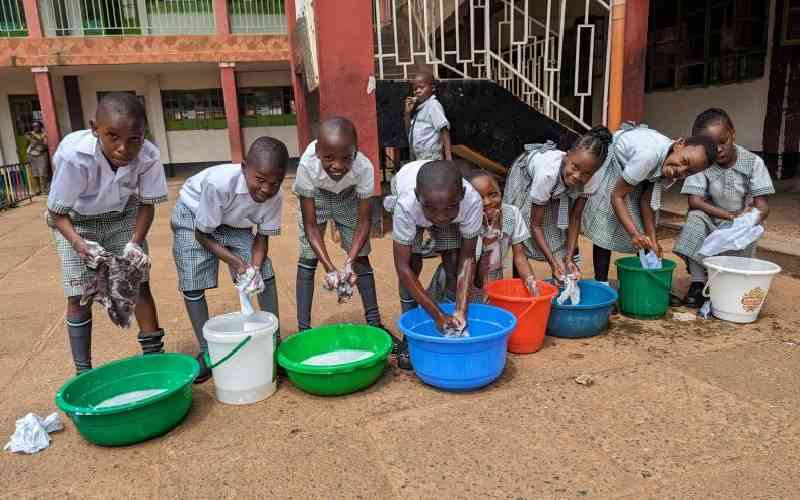×
The Standard e-Paper
Stay Informed, Even Offline

Heads of State and government of the African Union assembled in Addis Ababa in Ethiopia in May 2013 to commemorate the 50th Anniversary of the Organisation of African Unity, now called African Union.
To realise ongoing structural transformations; reduction in conflicts, renewed economic growth and social progress, people-centred development, gender equality and youth empowerment, among others, the countries set an ambitious 50-year agenda dubbed Agenda 2063.